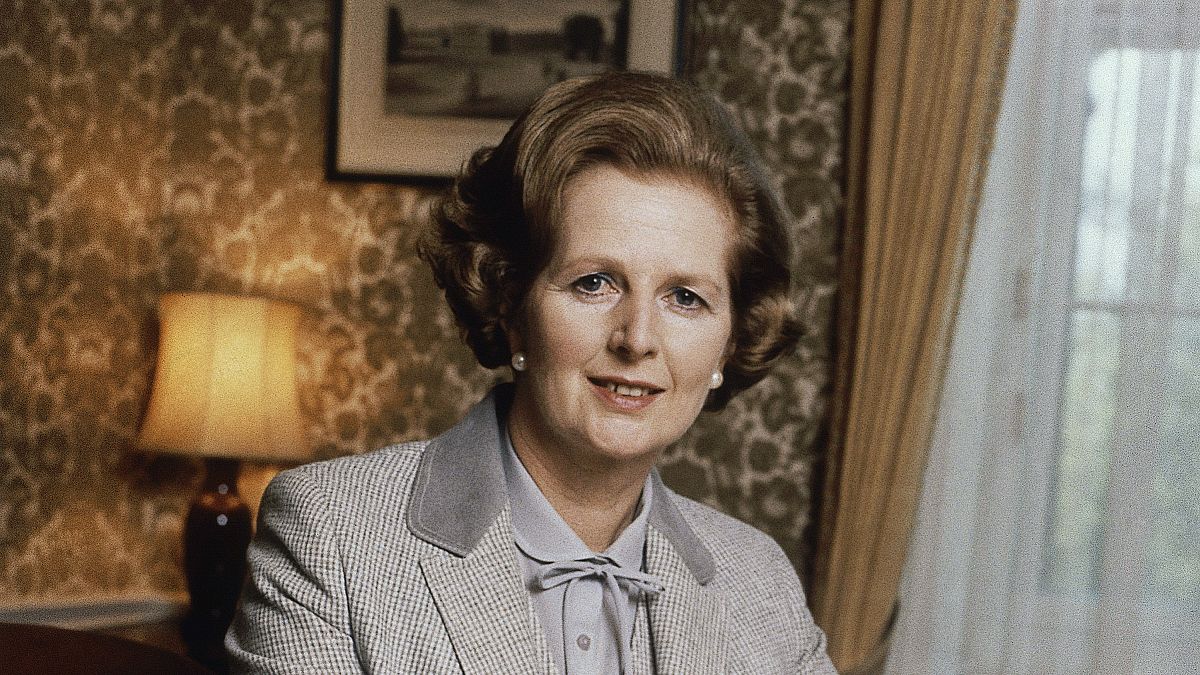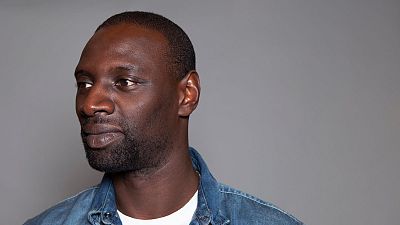21 June 2000: Scotland becomes the first country in the UK to repeal the homophobic Section 28 law
Pride Month in the UK also encompasses the anniversary of the end of one of the worst pieces of legislation against queer people in the country. After the awful mistreatment of countless gay men, including people like Alan Turing, the UK finally decriminalised homosexuality in 1967.
While decriminalisation was an important step, the Sexual Offences Act of 1967 did little to quell the discrimination gay people faced in UK society. As so much of society was still fervently against supporting queer people living openly out, governments decided it would be best to stop education about homosexuality despite the process of decriminalisation.
This stamping down on education first took place in Scotland. The LEA Arrangements for the School Curriculum in 1979 forced schools to publish what they taught children. The following year’s Criminal Justice Act of 1980 decriminalised homosexuality in Scotland, but with it came the guidance that all school curriculum should not include homosexuality.
In 1981, a similar approach with school curriculums was taken in England and Wales. Although homosexuality was now legal across the country, it was being forced out of children’s education.
As today, the ways homophobes fight against the LGBTQ+ community is often through arguments about the ways children are being raised. For many homophobes, the fear that people are turned into their identities by exposure to educational material about queer identities, is a driving force in having educational information about queer identities removed from schools.
This often leads to right-wing politicians and commentators coming up with either fabricated or exaggerated examples of queer media influencing children. Just as today, US commentators fabricated stories about litter-boxes in schools for trans kids to drum up anti-trans sentiment, the 80s in the UK was no different.
During Margaret Thatcher’s 1987 election campaign for re-election as Prime Minister, Thatcher’s Conservative Party claimed the left-wing Labour Party wanted school children to read books like ‘Young, Gay and Proud’.
While ‘Young, Gay and Proud’ is a popular early work on learning to be confident in your queer identity, it was the cornerstone for a right-wing attack on funding to LGBTQ+ education in schools.
After Thatcher was elected, it wasn’t long before Section 28 was approved in 1988. The new law stopped local authorities from promoting homosexuality. At the time, the HIV/AIDS epidemic was still raging. Many young gay men were growing up into a world that refused to discuss their identity in a positive light at all.
While there were no successful prosecutions of any teachers under Section 28, it was still incredibly powerful at shutting down education outlets from discussing homosexuality in schools, as well as pulling funding from LGBTQ+ initiatives at the time.
Section 28 lasted for over a decade. It wasn’t until this day in 2000 that Scottish politicians first repealed the act in Scottish Parliament.
It took until 2003 for England and Wales to follow suit. Finally, in 2010, the Equalities Act passed making all forms of discrimination against sex and sexuality illegal.
Yet why it’s still so important to speak about the dangers of Section 28 is that 23 years later, right-wing politicians are still using the language of its creation to further legislate against queer identities, in particular for trans people.
This week, Conservative Prime Minister Rishi Sunak will publish guidance to schools that will work to prevent children from transitioning, as well as forcing teachers to tell parents about their children’s gender identity.
It’s a shocking return to the discriminatory culture of the 80s, and a continual reminder that the fight for equal rights for the LGBTQ+ community isn’t over.



